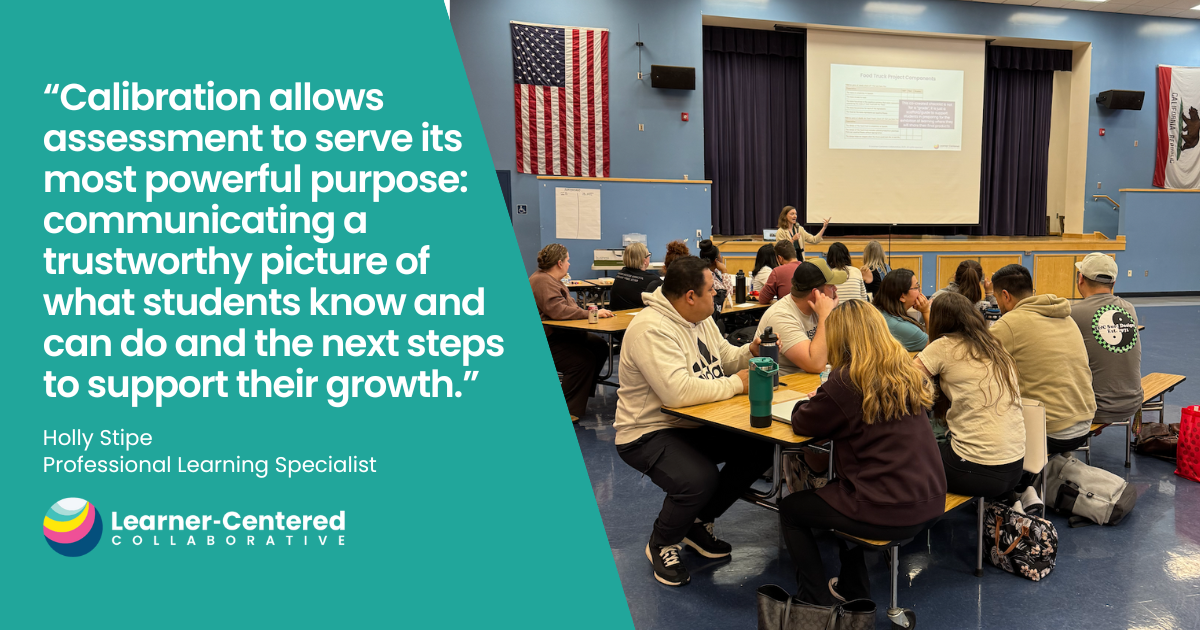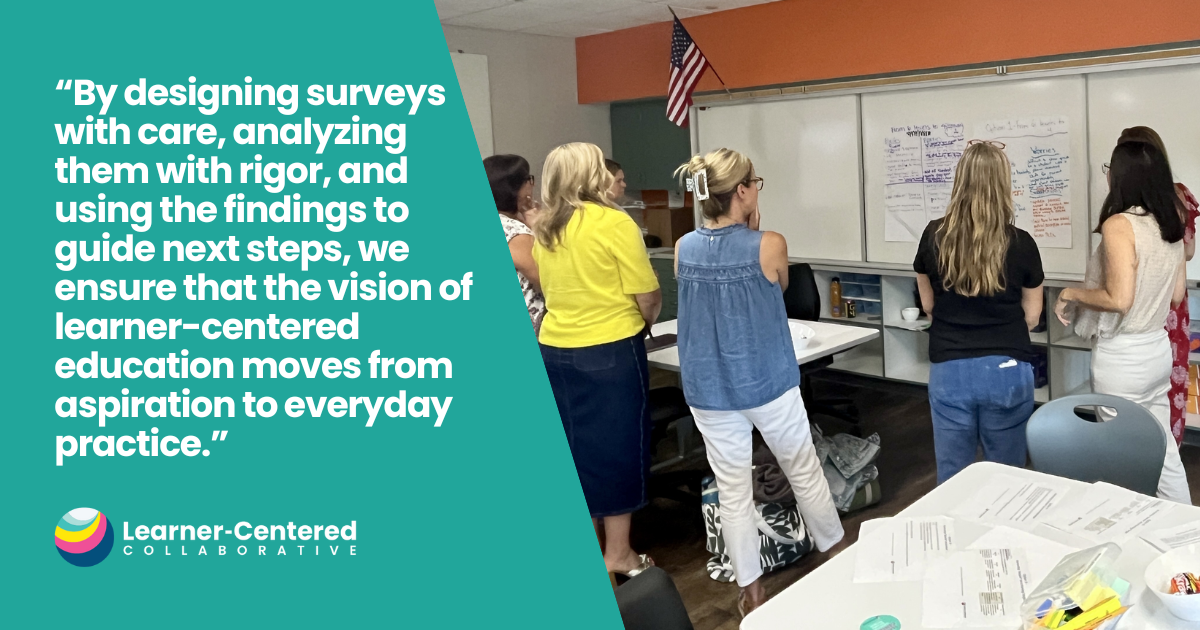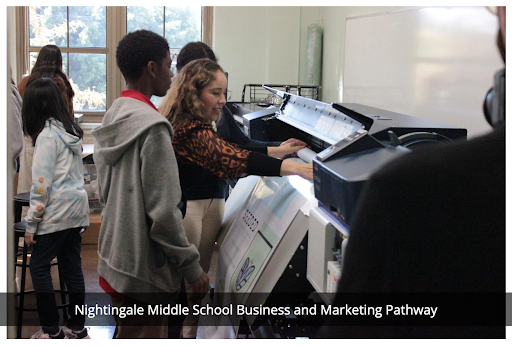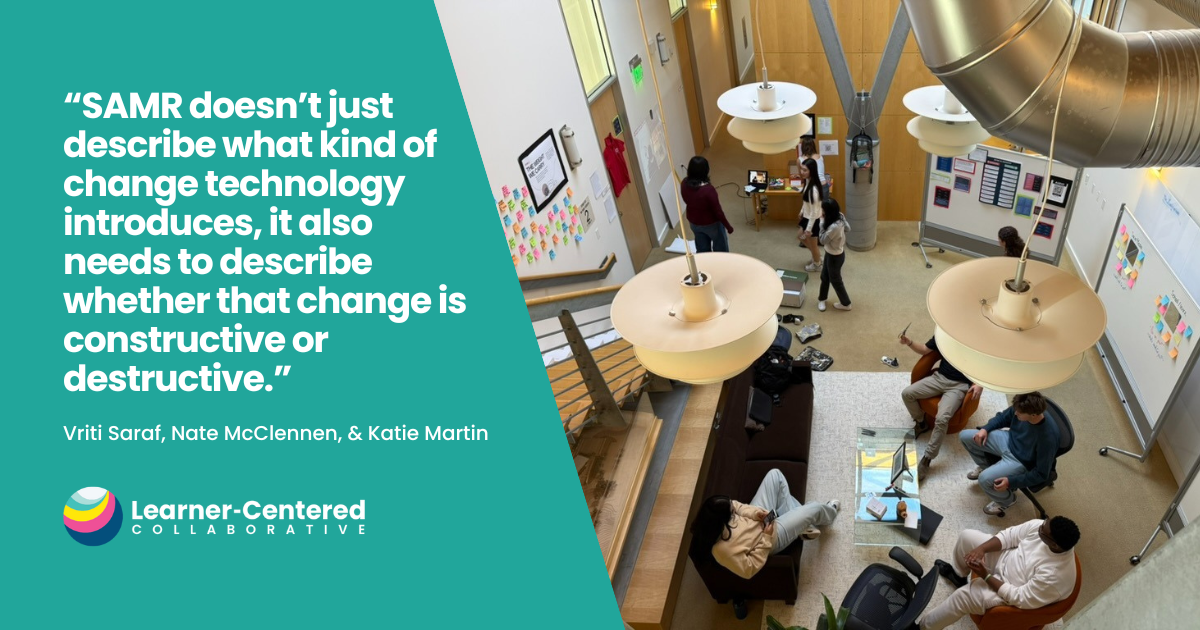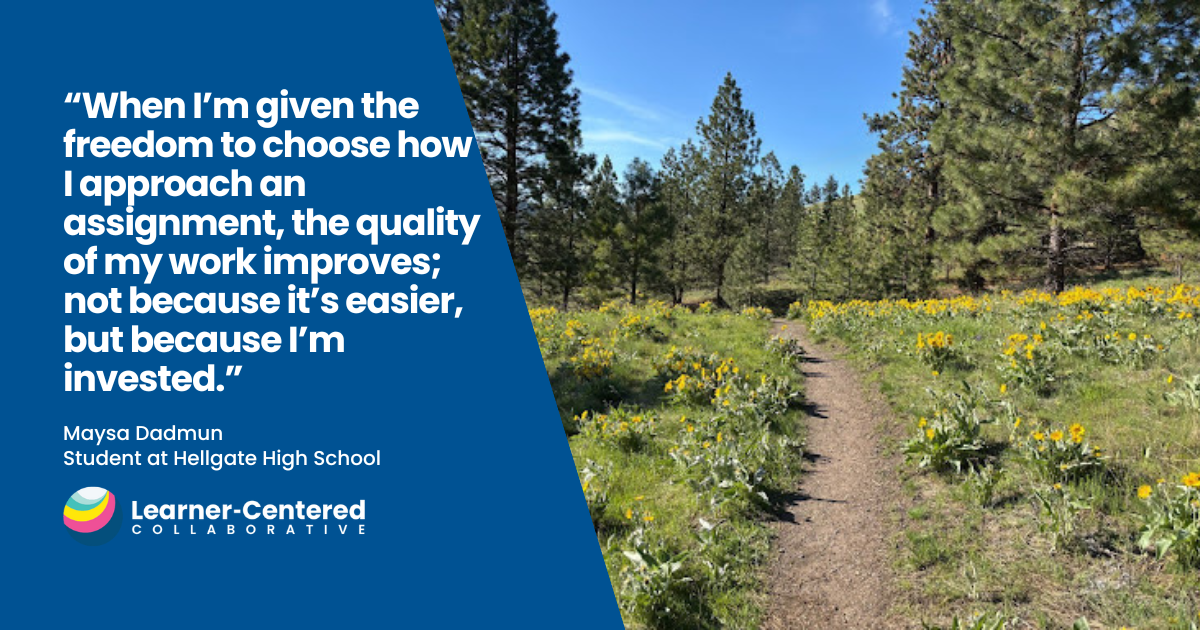Big Moves: How to Create a Strategic Plan That Leads to Real Change in Your District
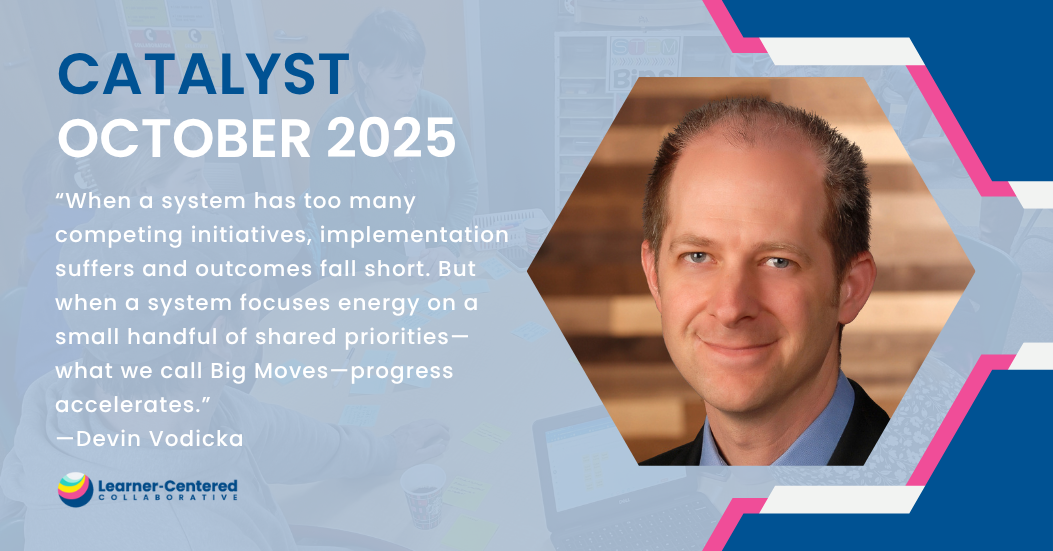
One of the most inspiring aspects of working with school systems across the country is seeing how deeply educators care about their learners. In every community I visit, I encounter dedicated, well-intentioned people doing everything they can to help students succeed. Yet, too often, these efforts occur in isolation—teachers working within their classrooms, principals within their schools, and administrators within their departments—rather than being connected across the system. Without alignment, these efforts can feel fragmented, leaving educators overwhelmed and learners underserved.
This is why coherence matters. When a system has too many competing initiatives, implementation suffers and outcomes fall short. But when a system focuses energy on a small handful of shared priorities—what we call Big Moves—progress accelerates.
The Framework for the Future
At Learner-Centered Collaborative, we guide partners through a process we call the Framework for the Future, which helps schools and districts design and implement a learner-centered ecosystem. It begins with defining the Vision, Mission, and Values that express the community’s aspirations. These are brought to life through a Portrait of a Learner, which outlines the competencies and dispositions learners need to thrive, and a Learning Model, which describes how those outcomes are realized through authentic, personalized, and competency-based learning experiences.
The final piece is the Blueprint for Success—a strategic plan that translates aspiration into action. It includes long-term goals and, critically, the Big Moves that will serve as catalysts for change.
What Are Big Moves?
Big Moves are the three to five system-wide actions that a community agrees to prioritize at a given point in time. It’s important to emphasize the number of Big Moves here. They are not a laundry list of initiatives. Instead, they are focused commitments that create alignment, generate momentum, and ensure that daily work, from the classroom to the district office, connects back to the broader vision.
Importantly, Big Moves are revisited annually, just as any strategic plan should be, so there is stability throughout an academic year but flexibility to make adjustments in response to our rapidly changing world. Let’s take a look at two examples of Big Moves from our partners in Encinitas, CA, and Mentor, OH.
Redefining Student Accountability at Encinitas Union School District
The first Big Move the Encinitas Unified School District team identified when laying out their strategic plan was to redefine student assessment practices. To fulfill their learner-centered vision as a district, they knew changing how learning was captured and communicated was a necessity.
Read More: Report Card Redesign in Encinitas Union School District
This led to a complete overhaul of their report card design and introduced new ways in which learners could showcase their knowledge, skills, and Portrait of a Learner (or Learner Profile) outcomes. Rather than relying solely on traditional grades, the district is implementing practices like competency-based assessments, exhibitions, and student-led conferences. Over time, this shift not only changes how students are evaluated but also how they see themselves as learners—valuing growth, reflection, and evidence of mastery.
Expanding Learner-Centered Experiences at Mentor Public Schools
When Mentor Public Schools began their Framework for the Future process, it soon became clear that the community shared far more in common than not when it came to their hopes and dreams for the district’s young people. These shared aspirations, captured in their Portrait of a Learner, inspired an especially exciting Big Move designed to build on this alignment: Cultivate Strong Community Partnerships.
Read More: Cultivating Local Partnerships to Generate Real-World Learning Opportunities
Mentor Public Schools is growing relationships with businesses and organizations to expand mutually beneficial opportunities that foster well-rounded learning experiences for all. This work involves intentional one-to-one relationship building, as well as establishing the technical infrastructure, known as Cardinal Connect, to maintain an active and visible database of community partners that educators and learners can access. Establishing and expanding these community partnerships doubles down on their commitment to create a learner-centered ecosystem that is not bound by the walls of any one building or classroom.
These examples highlight how Big Moves, when clearly defined and pursued with discipline, become more than initiatives. They grow into habits and cultural touchstones that transform the learner experience.
Why Big Moves Matter Now
Our education system faces urgent challenges—chronic absenteeism, declining engagement, and stagnant outcomes among them. These issues cannot be solved by adding more disconnected initiatives. They require focused, learner-centered evolution anchored in coherence and clarity.
Big Moves give communities a way to move forward together. They ensure that the vision of learner-centered education doesn’t remain a distant aspiration but becomes a lived reality for every student.
When communities embrace Big Moves within a Blueprint for Success, they are not just planning for the future—they are building it, step by step, in ways that learners, educators, and communities can see and experience today.
A Call to Leaders
If you are a school or district leader, I encourage you to ask: What are the three to five Big Moves that, if pursued with focus and discipline, would meaningfully move your community toward its vision for learning?
Naming those Big Moves, and aligning your system to pursue them, is one of the most important steps you can take to transform learning.
The future of education will not be defined by the number of initiatives we launch, but by the depth and coherence of the actions we choose to take together.
👉 Learner-Centered Collaborative supports districts throughout the country with creating strategic plans that bring learner-centered education to life. To learn more about our services, reach out to us here.

